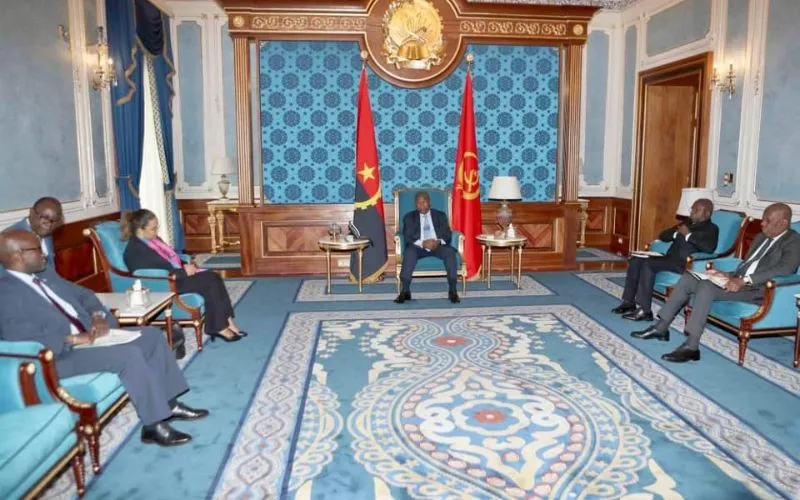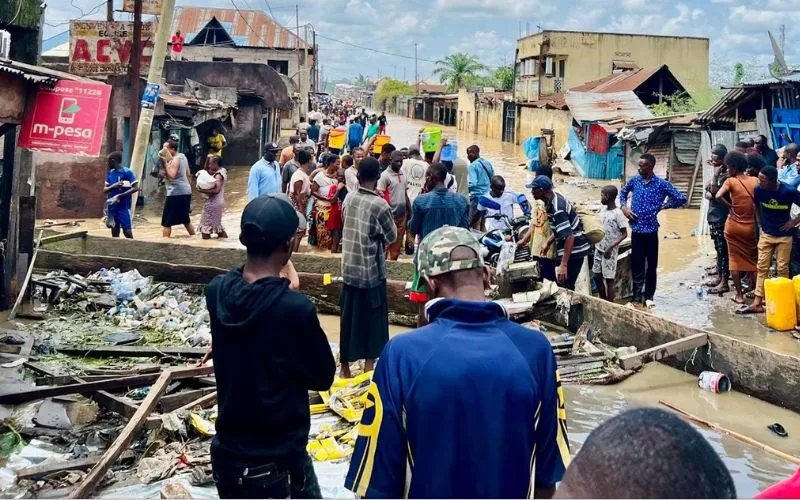Kinshasa, 31 July, 2024 / 10:48 pm (ACI Africa).
A ceasefire deal has been reached between the Democratic Republic of Congo (DRC) and Rwanda, Angola’s Presidency, which has been mediating the talks, has announced.
In a Tuesday, July 30 statement that signals a significant milestone in the diplomatic efforts to end violent conflicts in Eastern regions of the Central African nation, Angola indicates that the ceasefire reached on July 30 is to take effect from August 4.
The deal follows a meeting between the foreign ministers of Rwanda and DRC that the Angolan President, João Lourenco, hosted at the presidential palace in the country’s capital city, Luanda.
The July 30 statement is silent about the parties involved in the ceasefire agreement and the duration.
DRC government has long accused Rwanda of backing March 23 Movement (M23) rebels fighting its army in North Kivu Province, an accusation Rwanda denies.





